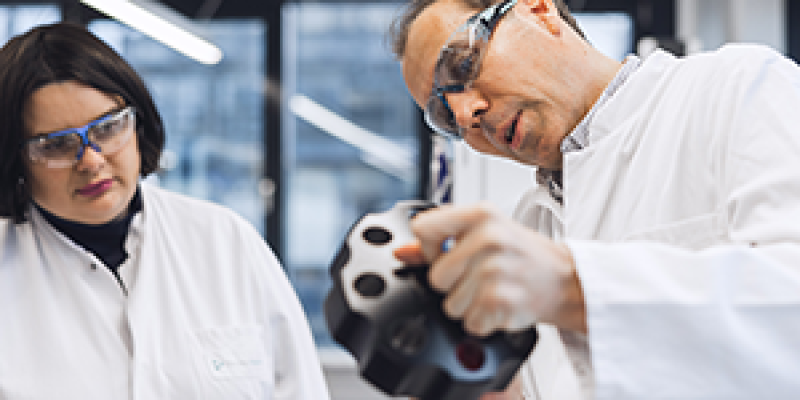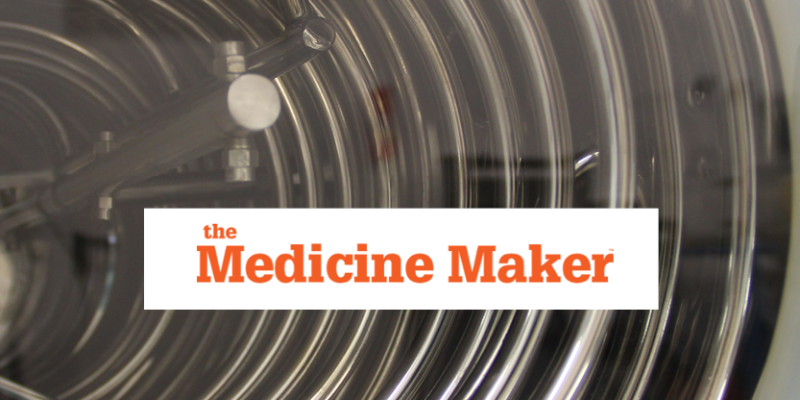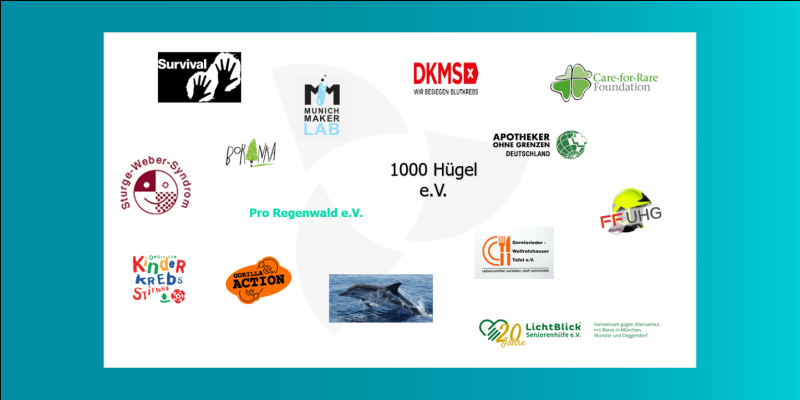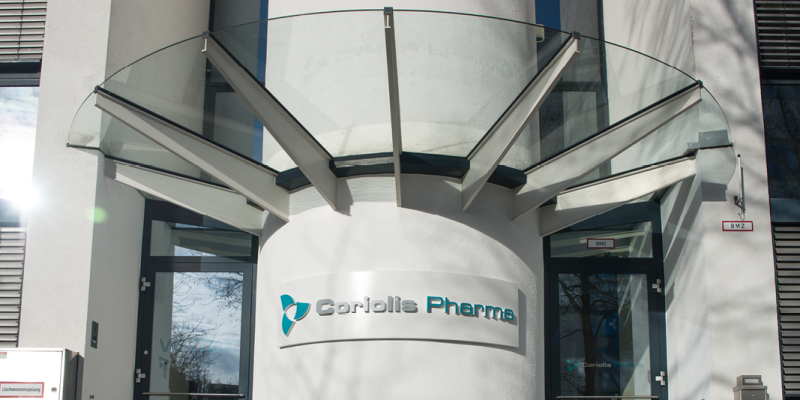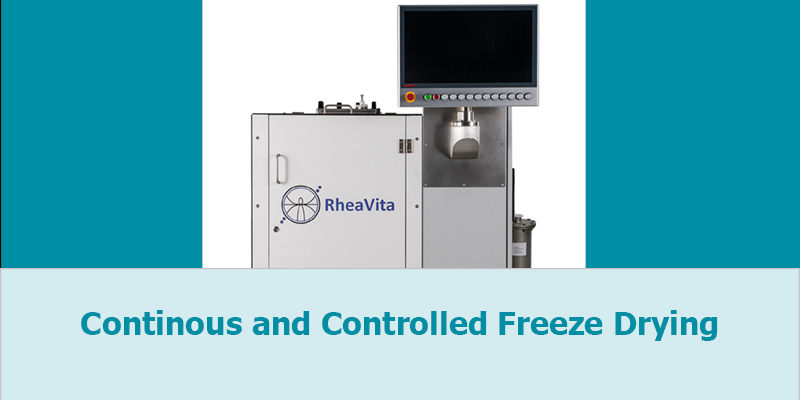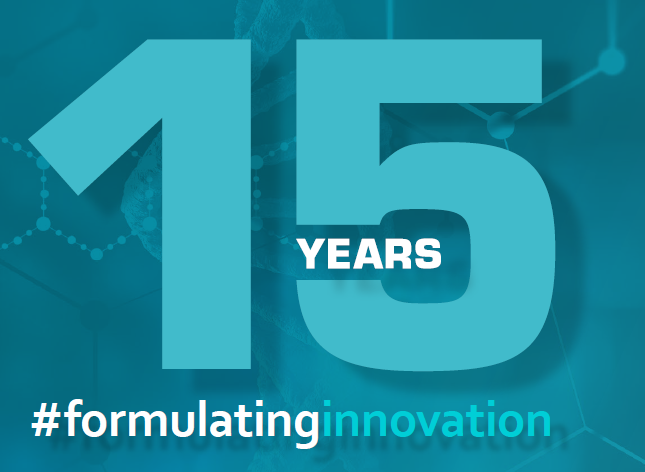Prof. Dr. Paolo Arosio joins our Scientific Advisory Board
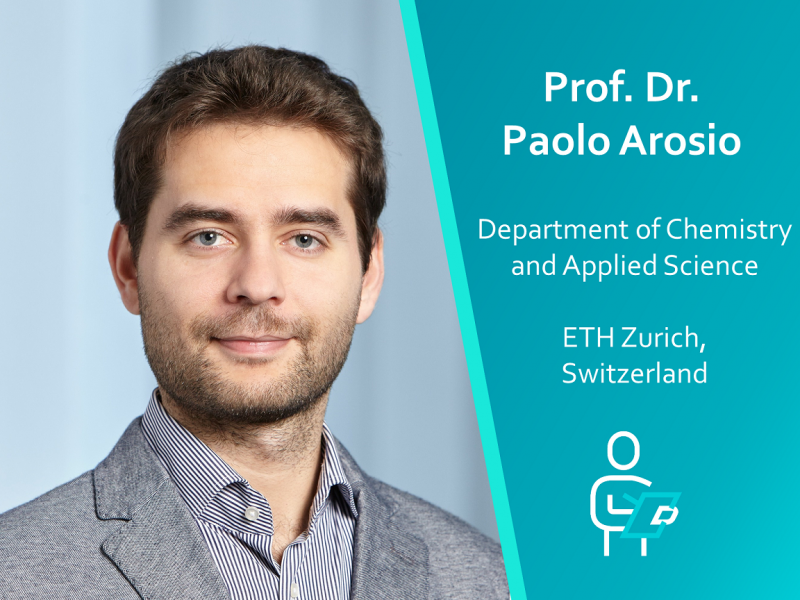
Prof. Dr. Paolo Arosio is an expert in protein aggregation and biophysical properties of biologicals. Since 2016, he is a Tenure Track Assistant Professor for Biochemical Engineering at the Department of Chemistry and Applied Biosciences at ETH Zurich, Switzerland. He received his doctoral degree from ETH Zurich in 2011 and between 2012 and 2016, he was a postdoctoral researcher at the Department of Chemistry at the University of Cambridge, UK. His special interests are in the development of innovative technologies for the characterization and understanding of protein interactions, self-association, phase separation and aggregation. His studies have broad implications for both protein aggregation disorders as well as for the development and formulation of biologicals. He is the author of over 90 peer-reviewed articles on the topic and he is regularly invited to international conferences on protein engineering. He served as a member of the Editorial Advisory Board for the Journal of Pharmaceutical Sciences. He has been named as “Influential Researcher 2018” by the Industrial Engineering Chemical Research ACS. In 2020, Prof. Arosio received the prestigious ERC Consolidator grant on protein phase separation.
We warmly welcome Prof. Dr. Paolo Arosio as a new Scientific Advisory Board Member and are proud to have his outstanding expertise now available during client projects.
Prof. Arosio will actively be involved in project discussions and will contribute with his long-year experience to successful project outcomes. His advice will be provided independently from his affiliated university. This ensures the highest level of protection of our clients’ entrusted information. No additional contracts with the university are required to benefit from the scientific advice of Prof. Arosio.
Scientific highlights in Prof. Arosio’s (academic) career in the context of biologicals:
- Development of innovative microfluidic technologies for characterizing protein liquid-liquid phase separation (e.g., Linsenmeier et al., Angew. Chemie. 2019, Kopp M. et al., Analyt. Chem. 2020), protein interactions and aggregation (E.g., Kopp M. et al., J. Pharm. Sci. 2019,).
- Development of machine learning tools to accelerate the development of biologics and the design of biological formulations. E.g., Narayanan H. et al., TiPS 2021, Narayanan H. et al., Mol. Pharm. 2021.
- Development of innovative technologies for manufacturing and characterizing extracellular vesicles. E.g., Paganini C. et al., Biotech. J., 2019, Paganini C. et al., Adv. Health. Mat., 2021.
- Development of innovative technologies for characterizing protein stability at interfaces. E.g., Kopp M. et al., Mol. Pharm. 2020, Kopp M. et al., mAbs. 2020.
- Modeling of kinetics of protein aggregation and phase separation. E.g., Arosio et al. Nat. Comm. 2016 ; Küffner et al., Chem. Sci., 2020, Wälchli et al., J. Pharm. Sci, 2020.



